7 GPTs for Scholarly Publishing Powered by AI for Free of 2025
AI GPTs for Scholarly Publishing are advanced AI models, specifically Generative Pre-trained Transformers, tailored for the scholarly publishing sector. These tools leverage deep learning to automate and enhance various aspects of academic publishing, including content creation, peer review, literature search, and data analysis. By understanding and generating human-like text, they support the dissemination of scientific knowledge, making complex information more accessible and accelerating research publication processes. Their role is pivotal in streamlining workflows, ensuring content accuracy, and facilitating knowledge sharing within the academic community.
Top 7 GPTs for Scholarly Publishing are: Translate Chinese to Academic English 科研论文中翻英,中英學術翻譯大師,doi2ref,日语翻译大王,Coautor,Academic TitleCraft,Robots Cooking's Academic Reviewer Scout
Translate Chinese to Academic English 科研论文中翻英
AI-powered precision in academic translation.
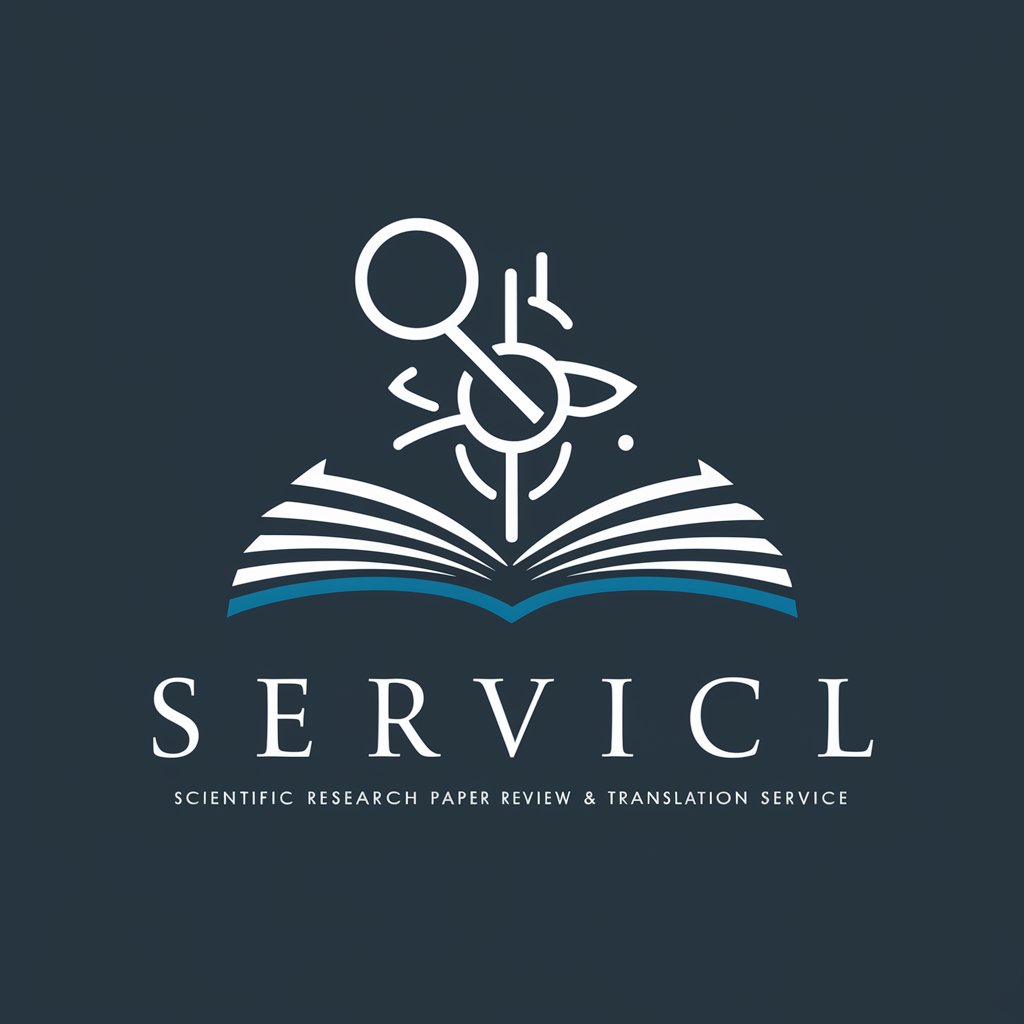
中英學術翻譯大師
Translating Academic Excellence with AI
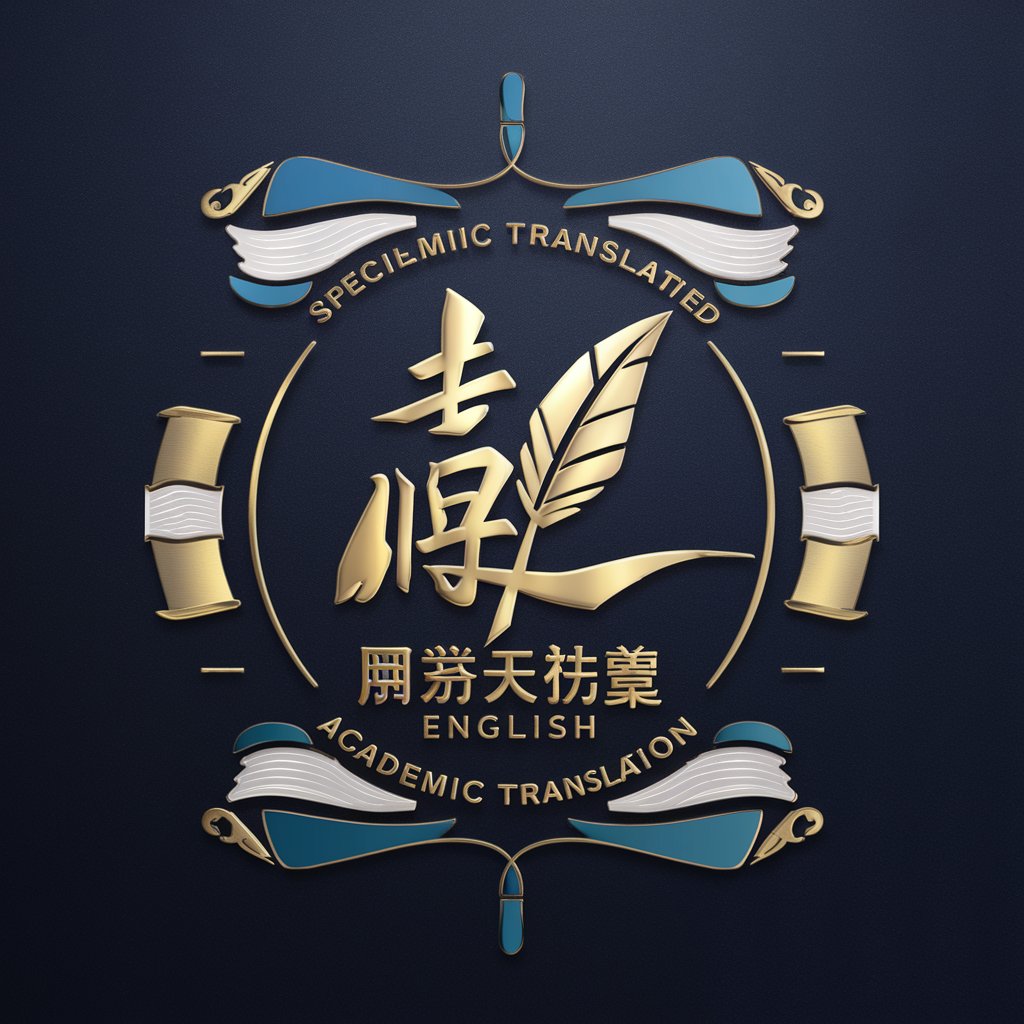
doi2ref
Transform DOIs into citations effortlessly with AI.
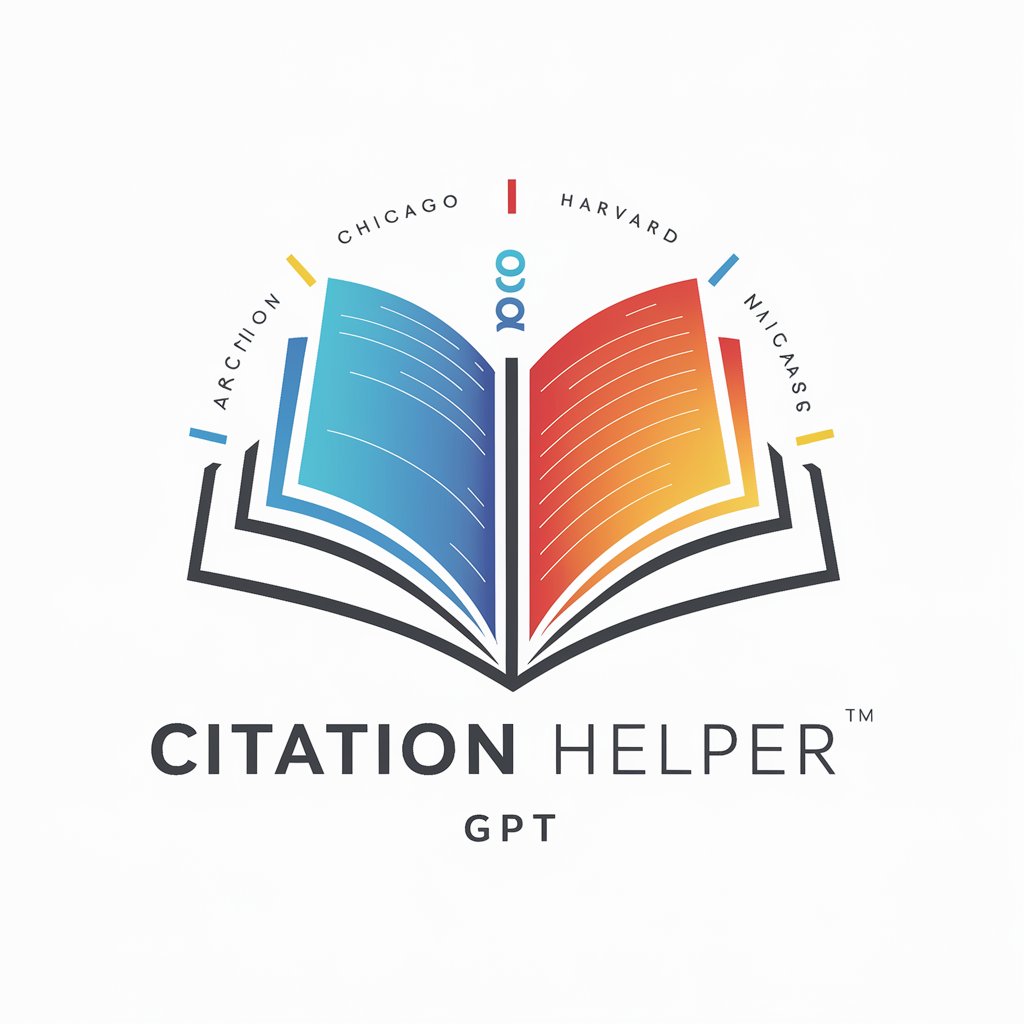
日语翻译大王
Powering scholarly Japanese translations with AI
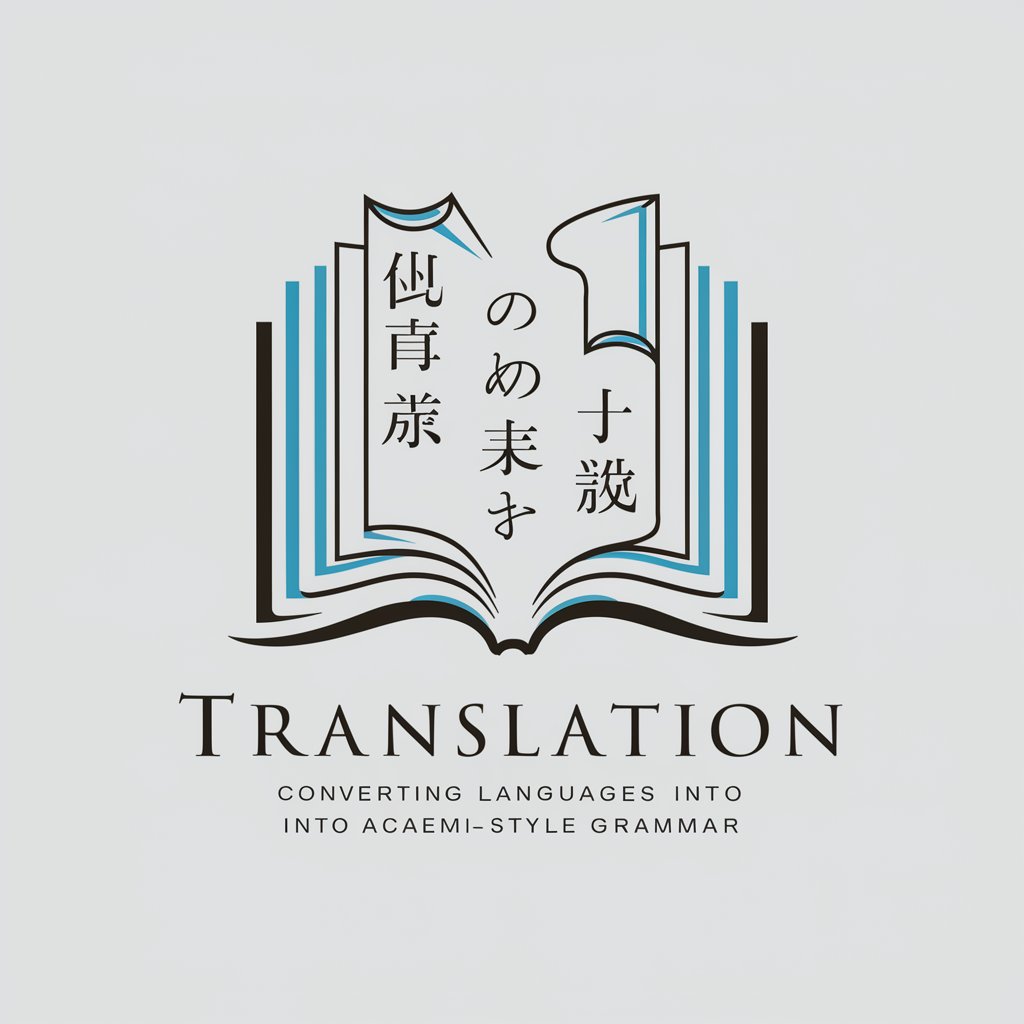
Coautor
Empowering Academic Excellence with AI
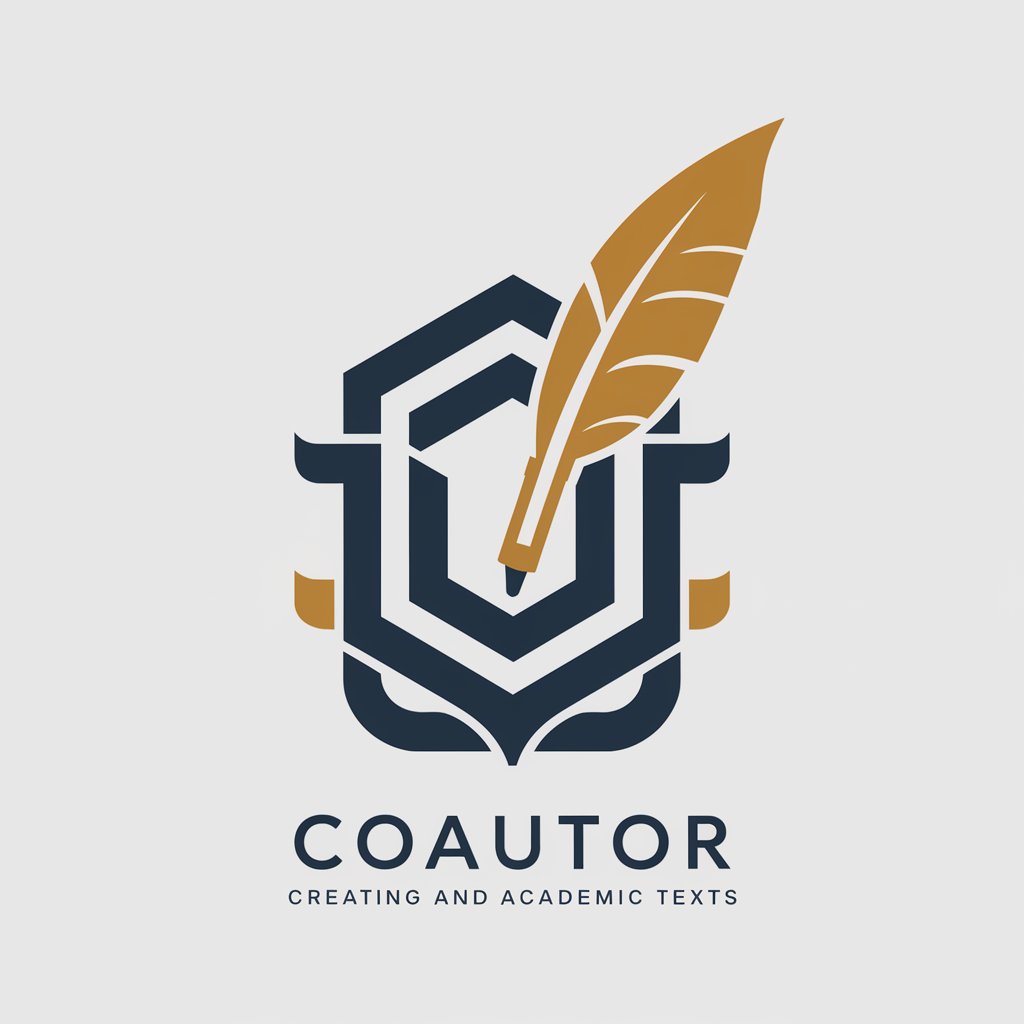
Academic TitleCraft
Crafting Titles, Enhancing Impact with AI

Robots Cooking's Academic Reviewer Scout
AI-powered academic reviewer matchmaking.

Key Attributes of Scholarly Publishing AI
AI GPTs designed for Scholarly Publishing excel in natural language processing, enabling them to understand and generate academic content with precision. Core features include advanced text generation for drafting articles, summaries, and responses to reviewers' comments; language learning capabilities for multilingual support; technical support for specialized fields; web searching for literature review; image creation for graphical abstracts; and data analysis for research insights. These features are adaptable, allowing customization for tasks ranging from basic text generation to complex, domain-specific applications.
Who Benefits from Scholarly Publishing AI?
This technology serves a broad audience, including academic researchers, journal editors, publishers, and students. It assists novices by simplifying the publication process and enhancing content accessibility. For developers and professionals in the scholarly publishing field, it offers extensive customization options, enabling the development of specialized tools. Its adaptability makes it valuable for both those without coding skills and those with programming expertise, broadening the scope of who can engage with academic publishing effectively.
Try Our other AI GPTs tools for Free
Scientific Articles
Explore AI GPT tools tailored for scientific articles, designed to innovate research through advanced data analysis, literature review, and hypothesis generation.
Journal Submissions
Explore AI GPT tools designed for Journal Submissions, streamlining manuscript preparation, submission, and publication processes with advanced AI-driven features.
Directing Tips
Explore AI GPTs for Directing Tips: Your ultimate tool for enhanced directing skills, offering personalized advice, creative insights, and tailored solutions.
Multimedia Guidance
Explore how AI GPTs for Multimedia Guidance revolutionize content creation and management, offering versatile, user-friendly tools for multimedia professionals and enthusiasts alike.
Faculty Profiles
Revolutionize academic profile management with AI GPTs for Faculty Profiles, offering seamless updates, integration, and customization for scholars.
Program Overview
Discover how AI GPT tools transform Program Overview with tailored solutions, enhancing productivity and insights across sectors.
Expanding Horizons with Scholarly Publishing AI
AI GPTs are revolutionizing scholarly publishing by making it more efficient, accessible, and inclusive. They offer customized solutions across different sectors, complementing traditional methods with cutting-edge technology. Their ability to integrate with existing systems and workflows, coupled with user-friendly interfaces, empowers a wider range of individuals to contribute to and engage with academic research.
Frequently Asked Questions
What exactly are AI GPTs for Scholarly Publishing?
AI GPTs for Scholarly Publishing are specialized versions of Generative Pre-trained Transformers designed to automate and improve tasks within academic publishing, such as writing, reviewing, and summarizing academic papers.
How can these AI tools enhance the publication process?
They streamline the drafting, editing, and reviewing phases, improve the accuracy and relevance of literature searches, and facilitate data analysis, significantly reducing the time from research to publication.
Can non-technical users benefit from these tools?
Absolutely. These AI tools are designed with user-friendly interfaces that require no programming knowledge, making them accessible to a wide range of users interested in scholarly publishing.
Are these tools adaptable to specific research fields?
Yes, they are highly customizable and can be trained or tailored to understand and generate content for specific academic disciplines or research topics.
Do AI GPTs for Scholarly Publishing support multilingual content creation?
Yes, many of these tools are equipped with language learning capabilities, allowing them to generate and understand content in multiple languages.
Can these tools integrate with existing publishing platforms?
Yes, they can be integrated with various scholarly publishing platforms and workflows, enhancing their functionality and efficiency.
How do these AI models ensure the accuracy of generated content?
They are trained on extensive scholarly datasets and incorporate feedback mechanisms to learn and improve over time, ensuring high-quality output.
What are the privacy implications of using AI in scholarly publishing?
While these tools offer significant benefits, it's crucial to use them in ways that protect sensitive research data and comply with privacy regulations. Developers and users must prioritize data security and ethical considerations.